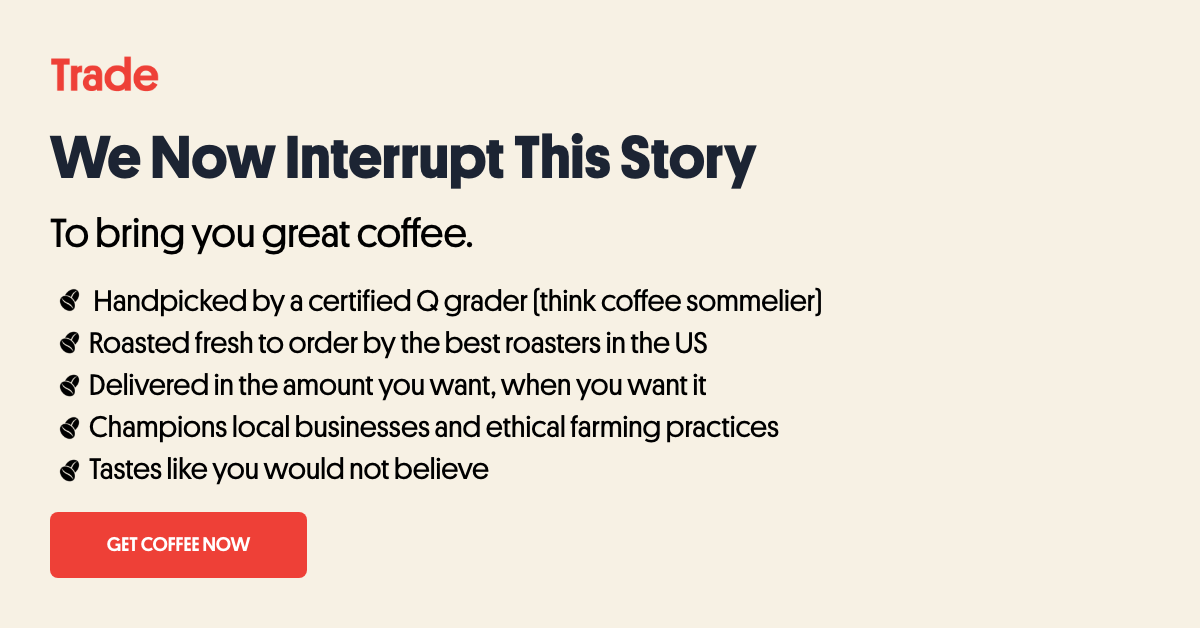Of the many labels that might show up on a bag of coffee, a Fair Trade certified label is one of the most common, but one of the most often misunderstood. Unlike Direct Trade, a phrase a coffee company uses to denote coffees bought through direct relationships with producers, Fair Trade is an actual third party coffee certification. So, let's start with a Fair Trade coffee definition to figure out what it means for coffee drinkers and producers.
What is certified Fair Trade coffee?
Fair Trade certification organizations work with committees of workers and producers at the very beginning of the supply chains. They certify many facets of the equitable treatment of people on the farms, while also looking at environmental sustainability issues like water rights, waste disposal, and use of pesticides that are safe for workers (though this is not to be confused with organic certification, in which use of synthetic pesticides in coffee production is strictly controlled or outright prohibited). For a much more thorough example, check out this summary of agricultural certification standards from Fair Trade USA.
Coffee growers and cooperatives that achieve this certification earn a premium, which is then reinvested by those committees into their communities and farms. This premium fluctuates over time (and certainly from commodity to commodity), but it’s always more than the commodity market price for that food (think of commodity market price like the price of a stock, except instead of Apple you’re buying stock in apples — or coffee).
If you’ve noticed me using the word “they” a lot, it’s because Fair Trade isn’t a certification governed by just one company, but rather many organizations with slightly different Fair Trade standards, specializations, and geographic reaches. Fair Trade International, Fair Trade USA, and the World Fair Trade Organization are three examples of organizations with similar missions and similar-looking certifications that operate separately from each other.
So, why isn’t every coffee Fair Trade certified coffee? For one, as with any certification, a Fair Trade certified label costs money, and not every small coffee producer or producer group has the capital to participate in the coffee certification process. And many producers, especially of specialty-quality goods, such as those in the coffee industry, do find increased premiums based on quality whether in direct trade relationships with roasters or, more commonly, long-term relationships with exporters and importers.
Still, Fair Trade certification has undoubtedly had a positive impact on the coffee industry and many others, promoting awareness of the importance of a fair price and working conditions on the coffee farm. And while it’s not the only way for coffee farmers to improve their livelihoods, a Fair Trade sticker on a bag is always a good thing for a coffee lover to see.










